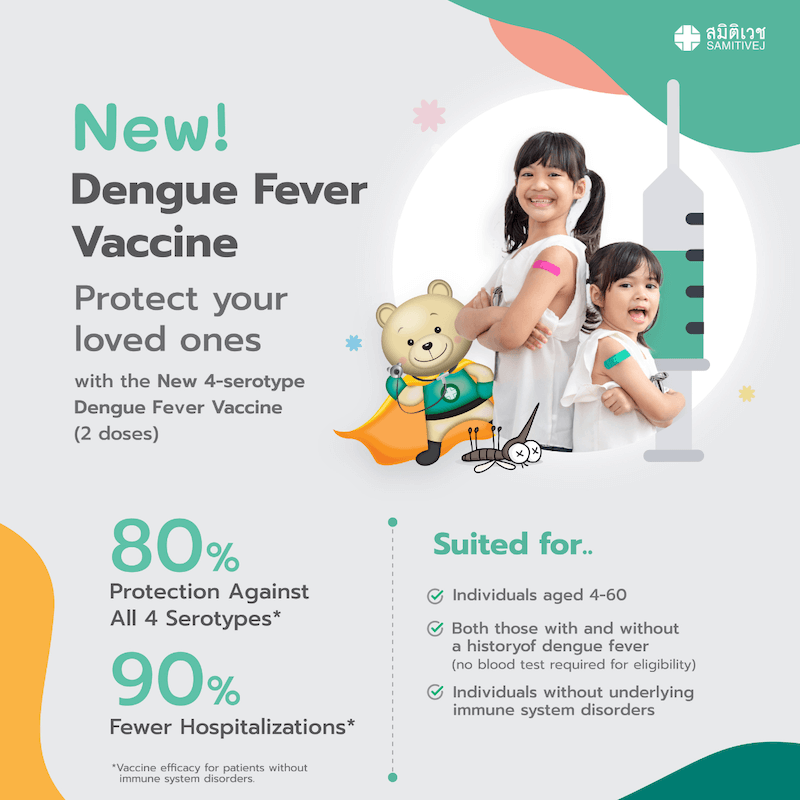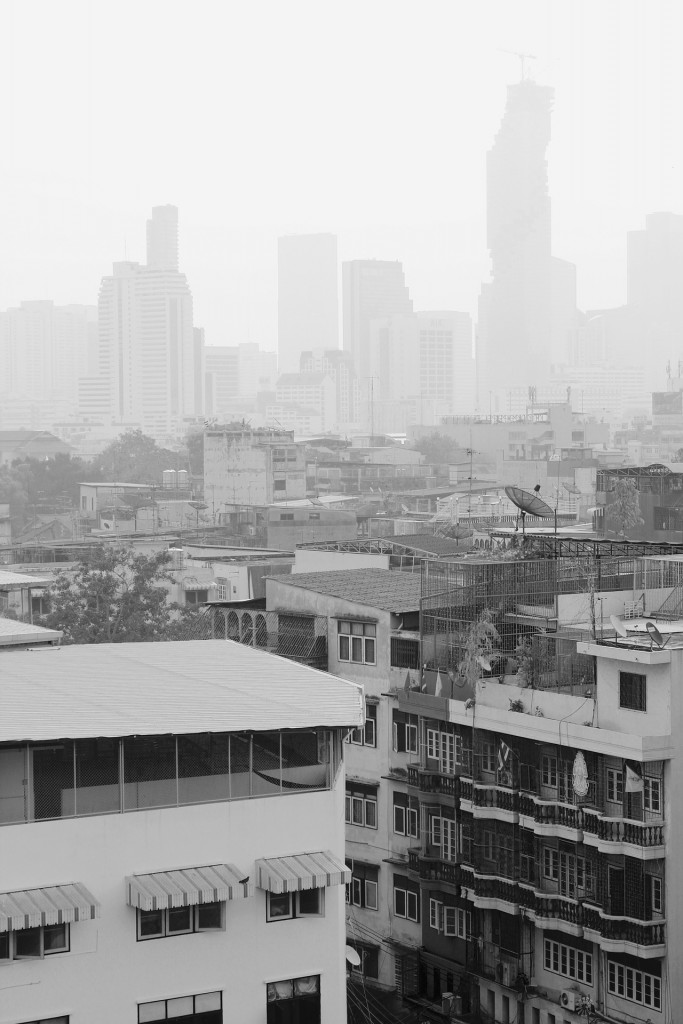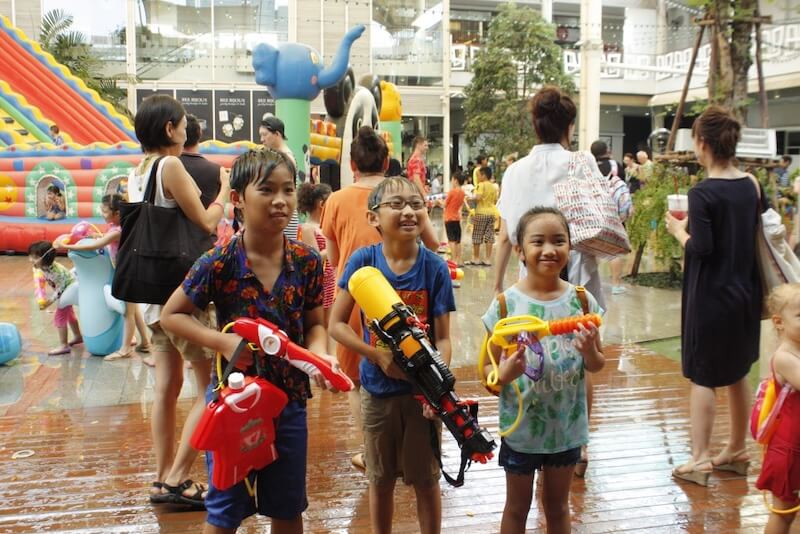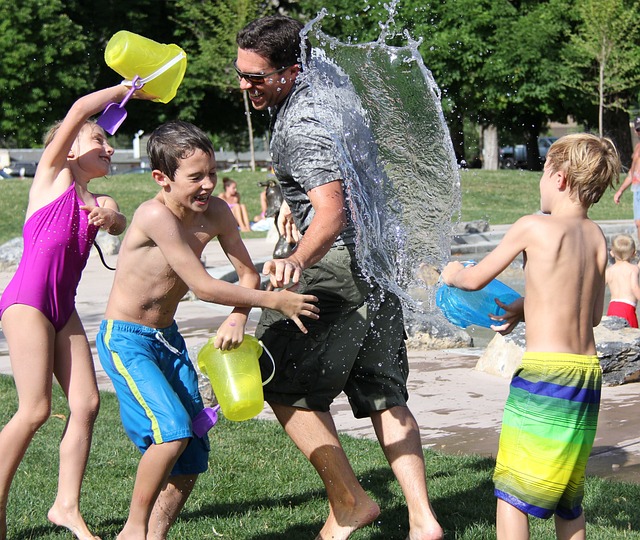Bangkok’s recent pollution issues have been well-publicised, with the harmful PM 2.5 reaching dangerously high levels. Given that children are especially vulnerable to these adverse air conditions, the following features a series of tips to help reduce the health risk where possible.
1. Get an Indoor Air Filter
While no system is perfect, indoor air conditions can help improve air quality in your home. The best systems (although admittedly costly) are high-efficiency particulate air (HEPA) filters, which are designed to filter out particulates. However, they don’t catch PM 2.5 particles, so a lot of air purifier systems feature additional filters that are designed to be more effective. If you can’t afford an air filtration system, try to let the kids sleep in a room with as few doors or windows as possible, and keep windows shut when pollution is bad. Find more advice on the AirNow website as well as in a recent article we published on key criteria to consider when choose an air purifier.
2. Air Monitoring Systems
A number of international schools in Bangkok have installed air pollution monitoring systems, and there are also products available for use in the home. Devices such as Netatmo Weather Station can track both indoor and outdoor environmental conditions, which helps you plan your day’s activities accordingly. The device lets you access data via your smartphone. It’s also compatible with Amazon Alexa, so you make a quick voice request to get the latest weather data.
3. Buy a Kids’ Air Mask
Not all air masks are made equal. Don’t bother using paper dust masks — they’re completely ineffective against air pollution and only helpful for trapping large particles, such as sawdust. Instead, health authorities recommend using N95-standard (or P-100) facemasks. These are designed to capture 2.5 microns (PM2.5), which are the notoriously harmful particulates that will simply pass through a basic paper dust mask.
4. Use a Pollution-Monitoring App
Want a quick way to check pollution levels before heading out the door? There are now a range of apps that track the latest pollution levels. AirVisual is one of the top ones out there. It’s free to use, works on Android devices and iPhone, and provides information on six thousand global cities — including Bangkok. Once downloaded, you’ll be asked if the app can use your current location. By agreeing, you’ll receive data based on your nearest monitoring station, giving you the most accurate data wherever you are.
5. No Outside Play
The most obvious but easiest thing to do during poor pollution is to limit outdoor exposure. Or ideally, keep the kids indoors altogether. True, that’s not always easy when your little ones are itching to get outdoors. So it’s worth having a backup plan to keep them entertained when weather conditions aren’t good. Bangkok has plenty of cinemas, play zones and indoor activity centres. But to completely limit outdoor exposure, have a few home-based games and activities lined up in advance to fill a day.
Register your email address here and we’ll notify you when new articles get uploaded.














